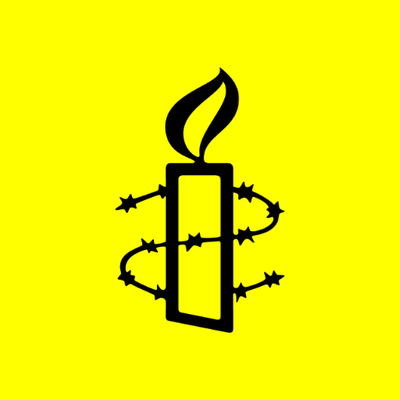Call by European presidents to climate crisis underscores need to phase out fossil fuels

Call by presidents of southern European states to tackle the climate crisis underscores the urgent need to phase out fossil fuels
Reacting to a call today by the presidents of five southern European countries – Italy, Greece, Portugal, Malta and Slovenia – urging measures be taken to tackle the climate crisis following recent searing heatwaves, wildfires and flooding in the region, Marta Schaaf, Amnesty International’s Director of Climate, Economic and Social Justice, and Corporate Accountability Programme, said:
“The presidents of these nations are right to highlight the urgent need to tackle the escalating climate crisis following the hottest July ever recorded. The climate crisis is a human rights crisis, harming the rights to life, health, food, housing, decent work and a healthy environment, among others.
“But it is time for world leaders to stop speaking in the passive voice. They need to stop proclaiming that ‘action must be taken’ and take action themselves. They should make explicit their support for the speedy phasing out of fossil fuels and support this message ahead of the crucial COP28 climate meeting in Dubai later this year.
“The solution to the climate crisis lies not in far-off technical solutions of very limited value, such as carbon capture, storage and removal, promoted by the fossil fuel lobby which could allow the industry to continue to exploit fossil fuel resources almost unchecked.
“Genuinely tackling the damage the fossil fuel industry is inflicting on the world’s people, and the ecosystems on which they rely, necessitates a rapid phasing out of fossil fuels and a moratorium on the development of new fossil fuel resources. It is not yet too late to act but the human costs of inaction are escalating rapidly.”
“Harm that has already occurred must be remedied, including through the effective operationalization and resourcing of a loss and damage fund by the end of this year. Wealthy states must also substantially increase their contributions to climate adaptation in lower income countries. Many are already paying a high price for a climate crisis to which they contributed very little.
“The Mediterranean region is likely to be among the areas worst affected by global warming unless action is taken. The UN says it is warming 20% faster than the global average. The area is home to more than 500 million people.”
“The extreme climatic conditions that these five nations, all popular European holiday destinations, have endured in recent weeks have put them at the forefront of the news. But the wider region, including parts of the Middle East and North Africa, has experienced searing temperatures too, and is less able to cope. More than 30 people died in recent forest fires in Algeria.
“This is part of a recent global pattern of climatic extremes which has included record temperatures and rainfall in parts of China, a sustained heatwave in the southwest US, and abnormally high winter temperatures in parts of the southern hemisphere.”




